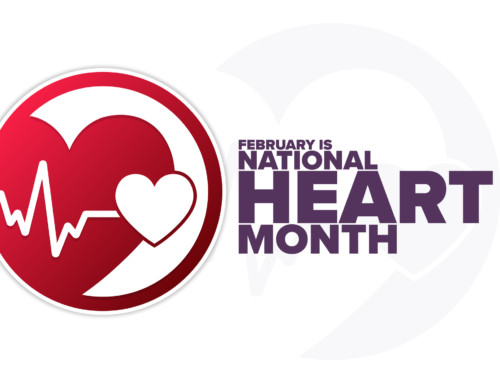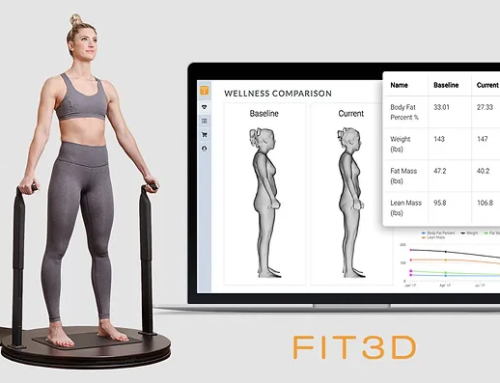
High blood pressure, also known as hypertension, affects up to 85 million Americans, of whom 20% are completely unaware. With no noticeable symptoms, hypertension can quietly damage your blood vessels and put a strain on your heart. Left untreated it can lead to many serious health conditions such as heart attack, stroke, heart failure, or peripheral artery disease. Read on to discover 6 ways to prioritize your heart health and work towards lower blood pressure today.
1. Get a Heart Health Screening
If you have high blood pressure, or suspect that you might, you need to see a physician for regular checkups. People often avoid seeing a doctor until a sudden health crisis forces them to go. Don’t wait for an emergency. If you are at risk for health issues such as high blood pressure, the best defense is to go for a physical that includes a heart health screening. Talk to your doctor about your results, what you can do to improve your health, and how you can reduce your risk of having a heart attack, stroke, or another medical event.
2. Eat a Healthy Diet
One of the major strategies for lowering blood pressure is to eat a healthier diet, especially by reducing your intake of red meat, sodium, and sugar. Many processed foods are loaded with sodium, so replacing these items with fresh vegetables and other foods containing little or no sodium can make a big difference. Instead of seasoning food with salt, try using herbs, spices, citrus, vinegar, and other sodium-free ingredients to add delicious flavor.
3. Exercise Regularly
Getting about 20 minutes of moderate, aerobic exercise per day (or a total of 150 minutes per week) is recommended to maintain heart health and bring blood pressure to within a healthy range. Such exercise can include walking, jogging, cycling, swimming, dancing, or other consistent activity. Performing even 10 minutes of physical activity at a time can have a positive impact on your health. What’s more, it’s a great stress-reducer as well.
4. Manage Stress
Speaking of stress, this can also contribute to hypertension. While it is virtually impossible to remove all sources of stress from your life, you can find healthy methods for managing stress. Exercise, meditation, or deep breathing exercises can help. You may find a regular hobby also allows you manage stress in a healthy way, while offering fun and relaxation.
5. Lose Weight
If you’re overweight and have high blood pressure, losing weight may help. Reducing your body weight, even by a few pounds, can help lessen the strain on your heart. Eating healthy foods and getting regular exercise as described above are the some of the most effective ways to lose weight if your doctor recommends that you do so.
6. Quit Smoking
Smoking is a major contributor to hypertension. Each cigarette you smoke elevates your blood pressure for a period that lasts after you have finished it. If you smoke regularly, you’re raising your blood pressure regularly, too. Cutting down on smoking – or better yet, quitting altogether – can help reduce your blood pressure right away. You will also reduce your risk for other smoking-related dangers such as stroke, emphysema, and cancer.
If your physician puts you on medication for hypertension, take it exactly as prescribed. By making these additional 6 lifestyle changes you can also help lower your blood pressure naturally. Over time, this may allow you to cut back on high blood pressure medication. It will certainly improve your overall quality of life and help you avoid many other health concerns as well.
Ready to take control of your blood pressure? Schedule an appointment for a heart screening today.





